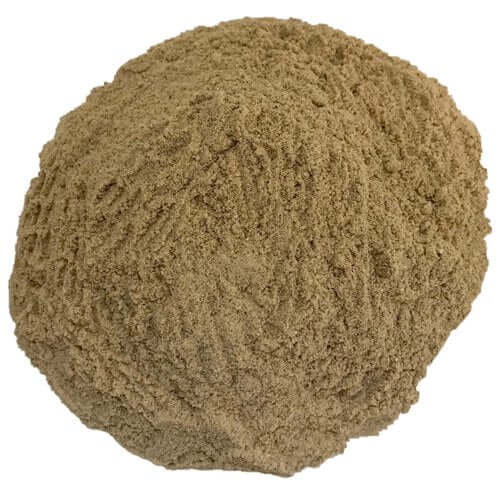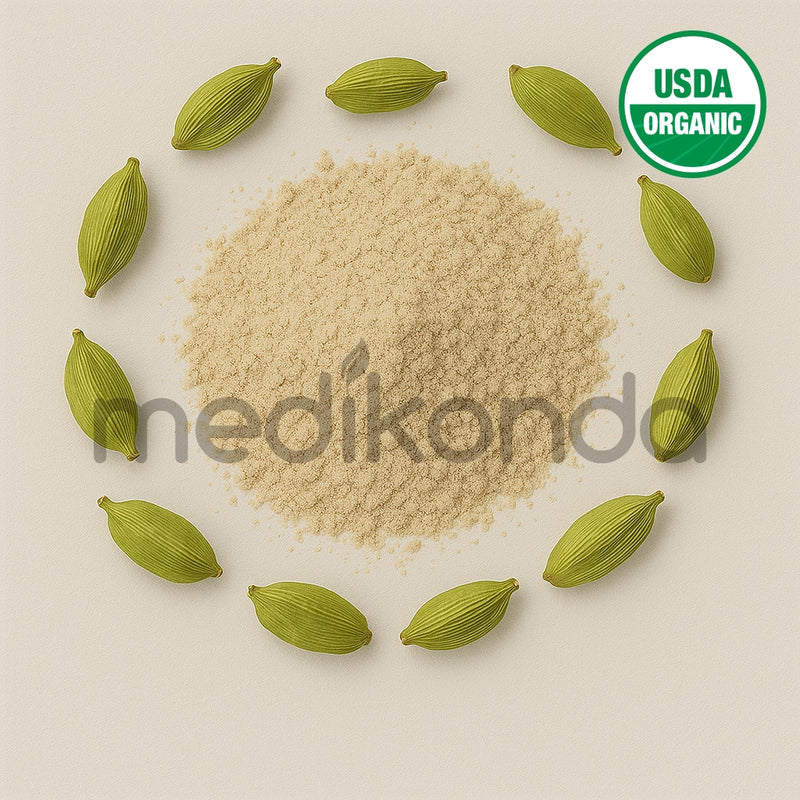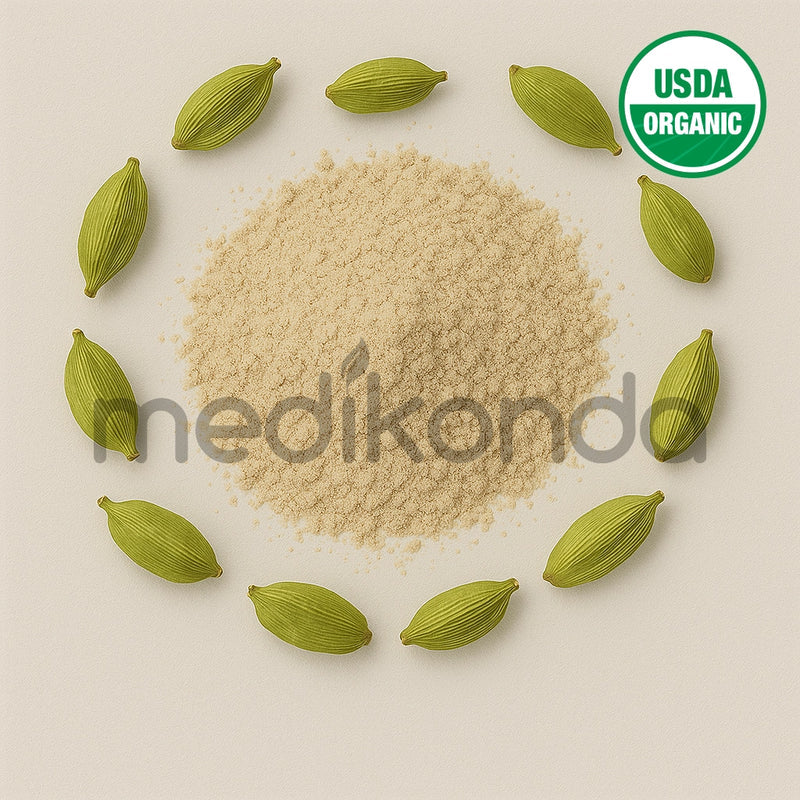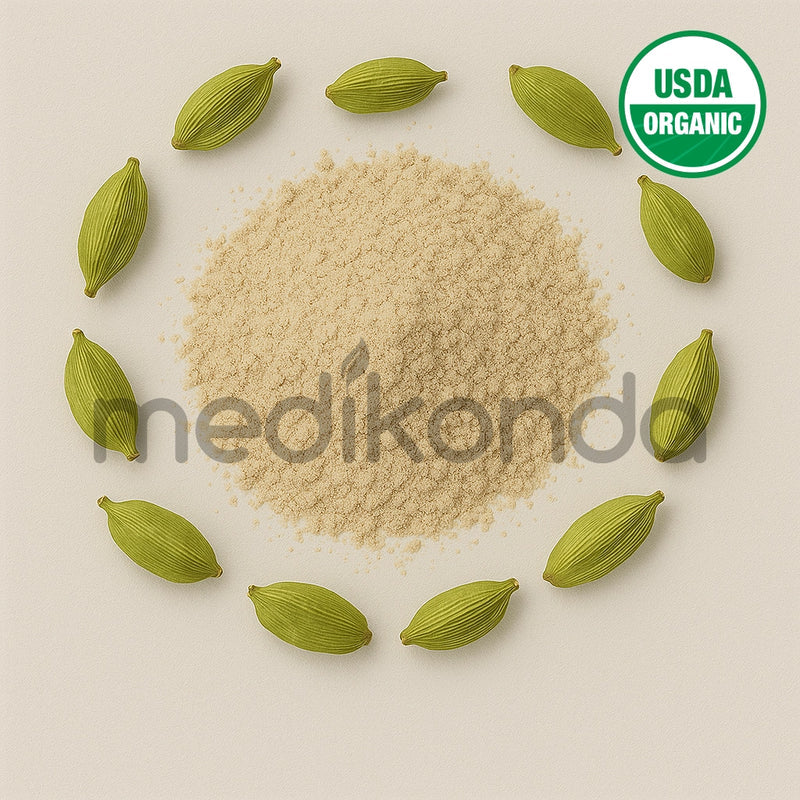Add description, images, menus and links to your mega menu
A column with no settings can be used as a spacer
Link to your collections, sales and even external links
Add up to five columns
Add description, images, menus and links to your mega menu
A column with no settings can be used as a spacer
Link to your collections, sales and even external links
Add up to five columns
LOOKING FOR BULK INGREDIENTS PRICING?
GET INSTANT QUOTEwhat ingredient are you looking for?

Benefits of Xylanase - Wholesale B2B Bulk Suppliers in Australia and New Zealand
Xylanase: The Essential Enzyme for Efficient Plant Fiber Breakdown
What is Xylanase?
Xylanase is a group of enzymes that specialize in breaking down xylan, a major component of hemicellulose found in the cell walls of plants. Xylan is a complex polysaccharide made up of xylose sugars, and xylanase catalyzes its degradation into simpler sugars, facilitating easier digestion or processing.
Xylanase plays a critical role in industries like food processing, animal feed production, paper and pulp, and biofuel manufacturing by improving the utilization of plant biomass.
How Does Xylanase Work?
Xylanase targets the β-1,4-glycosidic bonds in the xylan backbone, breaking the complex structure into xylo-oligosaccharides and eventually xylose. This enzymatic action softens plant material, increases nutrient availability, and enhances the efficiency of downstream processes.
Applications of Xylanase
1. Animal Feed Industry
Xylanase is commonly added to poultry, swine, and ruminant feeds to:
-
Break down non-digestible fibers
-
Increase nutrient absorption
-
Improve feed conversion ratios
-
Reduce viscosity in the gut, promoting better digestion and growth performance
2. Baking Industry
In bread making and other baked goods, xylanase helps:
-
Improve dough handling and stability
-
Enhance loaf volume and crumb texture
-
Extend shelf life by retaining moisture
-
Break down arabinoxylans that can affect dough quality
3. Pulp and Paper Industry
Xylanase is used to:
-
Assist in the bleaching process
-
Reduce the need for harsh chemicals
-
Improve pulp brightness and quality
-
Lower environmental impact by minimizing chemical effluent
4. Biofuel Production
By degrading plant biomass, xylanase aids in:
-
Converting agricultural residues into fermentable sugars
-
Enhancing the efficiency of bioethanol production
-
Reducing processing costs and time
5. Food and Beverage Industry
Xylanase helps clarify fruit juices and wines by breaking down hemicellulose that causes haze and turbidity.
Benefits of Using Xylanase
-
Eco-friendly: Reduces chemical usage in industrial processes
-
Cost-effective: Enhances efficiency and yield
-
Improves product quality: In baking, feed, and paper manufacturing
-
Supports sustainable practices by enabling better utilization of plant materials
Sources of Xylanase
Xylanase is naturally produced by various microorganisms such as:
-
Fungi (e.g., Trichoderma, Aspergillus)
-
Bacteria (e.g., Bacillus species)
Industrial xylanase enzymes are typically derived from these microbial sources and produced via fermentation.
Final Thoughts
Xylanase is a versatile enzyme essential for breaking down plant fibers, unlocking their nutritional and industrial potential. From improving animal feed digestibility and baking quality to supporting sustainable paper production and biofuel generation, xylanase is a key player in modern biotechnology and manufacturing. Its eco-friendly and efficiency-enhancing properties make it indispensable in many sectors aiming for greener and more effective solutions.
For bulk orders and inquiries, visit Medikonda Nutrients - Xylanase
Medikonda Nutrients is the Largest Manufacturer, B2B Bulk Wholesale Supplier of Xylanase in Australia and New Zealand.
Also in Medikonda: Health & Wellness
SUBSCRIBE NOW ...
Don't miss to get latest updates on sales, new releases and promotions




